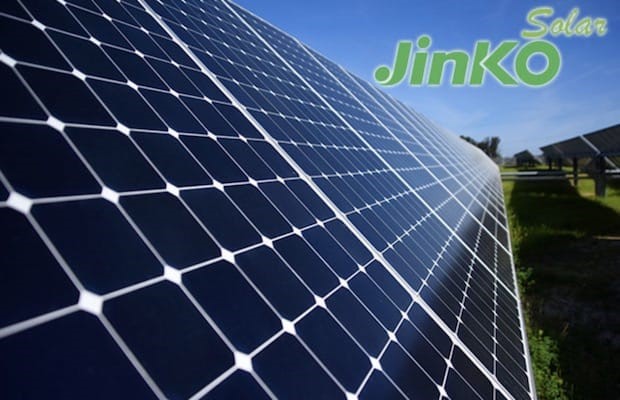您想继续阅读英文文章还
是切换到中文?
是切换到中文?

THINK ALUMINIUM THINK AL CIRCLE

JinkoSolar has discovered a methodology through which it can recycle almost 92 per cent of the materials already in use in a readymade solar panel taken from the market. Since solar panels contain a considerable ratio of glass, aluminium and copper, this can be marked as a remarkable advancement.

The prevailing method for recycling solar panels begins with mixing all materials, making it extremely difficult to sort individual items. Here, the company has come up with an advanced method of segregating the glass, aluminium and silicon wafer through thermal and mechanical techniques. JinkoSolar can also point out different melting points of encapsulation material, such as thermoset EVA/POE, when the module is heated.
After the decomposition process of the encapsulation material is accomplished, the module can be immediately separated into glass and ribbon, keeping the solar panels intact.
This process is commendable as the purity of the materials remains intact, and each can be recycled separately for use in new brand-new products. This will induce a proper circular economy for the company, wherein nothing from the solar panels will go to waste.
Solar panels contain a favourable amount of aluminium which is infinitely recyclable. Moreover, recycling aluminium is much more energy efficient than producing primary aluminium.
JinkoSolar Holding Co. Ltd. can be considered the biggest manufacturer of solar modules globally. The company claims to achieve 100 per cent solar power reach by 2025. The company is at this moment focusing on R&D and massive marketing strategies to efficiently circulate their solar products for reducing power consumption per watt.
With this new initiative, the company has somehow covered all the sustainability protocols achievable along the supply chain. The R&D ranges from product designing to factory floor layout, sourcing, and logistical issues.
Responses








